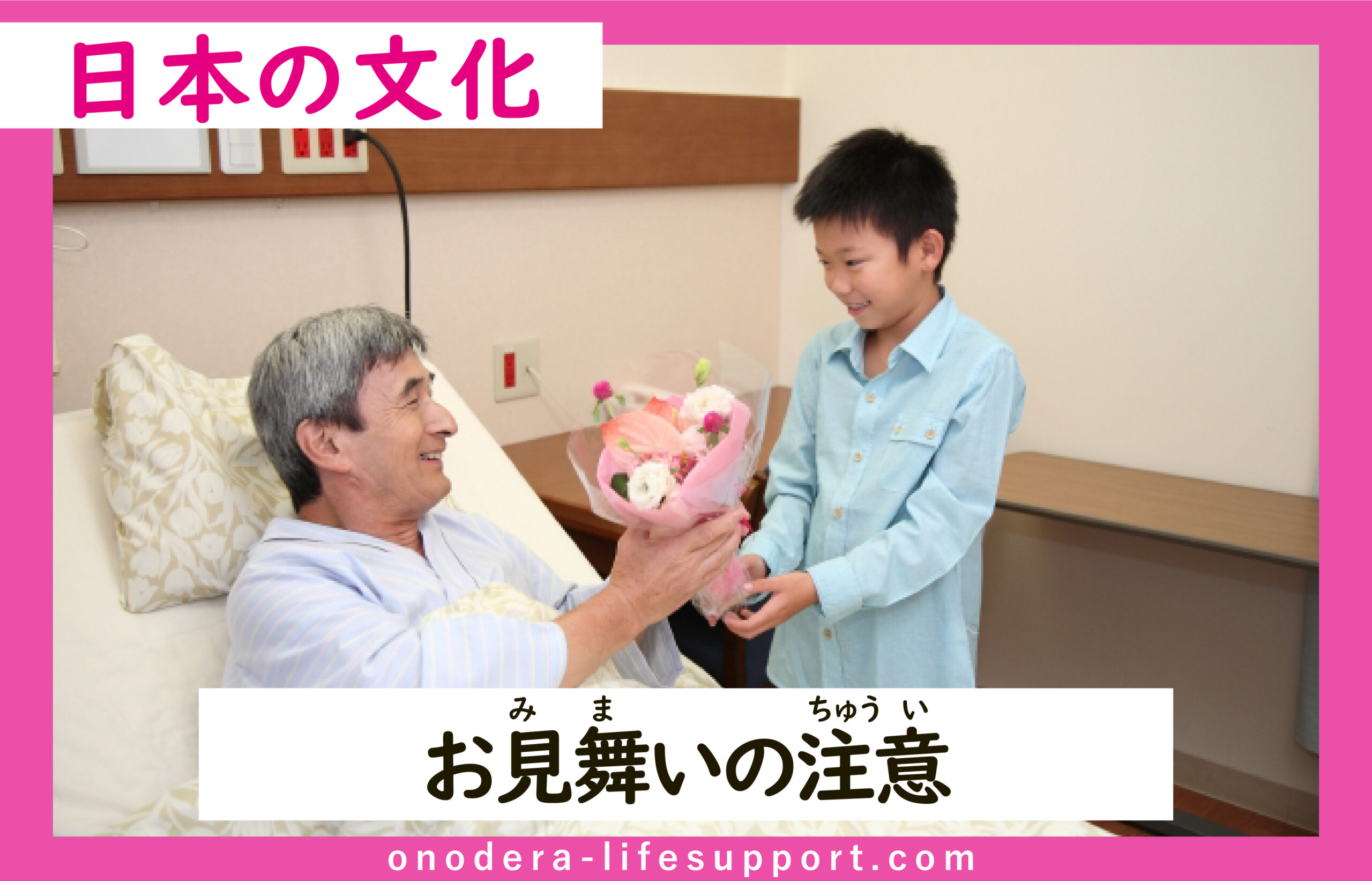Precautions During ”Omimai” or Visit to a Sick Person
When visiting a person who is sick or will be discharged from the hospital, avoid offering potted flowers. It is believed that potted flowers are rooted to the soil which is associated to the Japanese word,“nedzuku”, which means “rooted to the soil and rooted to bed”. Bringing potted flowers to a sick person means that the sickness will worsen and bring bad luck.
There are many kinds of flowers that are believed to bring bad luck or uneasiness. For example, the “shikuramen” or Cyclamen is described to mean “shiku” or death and suffering. “ajisai” or Hydrangea means to fade or grow pale while the “kiku” or Chrysanthemum is the flower used for funeral ceremonies.
“Yuri” or Lily is also avoided due to its strong scent which can scatter the pollen and induce allergies to the sick person. “tsubaki” or Camellia is also avoided because only its petals fall from the stalk which symbolizes “kubi ga ochiru”. Giving this flower to a sick person means that their neck will be cut off or be dead.
When going to an “omimai”, do not forget these pointers when you want to send flowers to your sick friend/family member.
However, giving flowers is not advisable due to the meticulous consideration regarding good/back luck and because it also burdens the sick person to give it water and care for it during their hospitalization.




